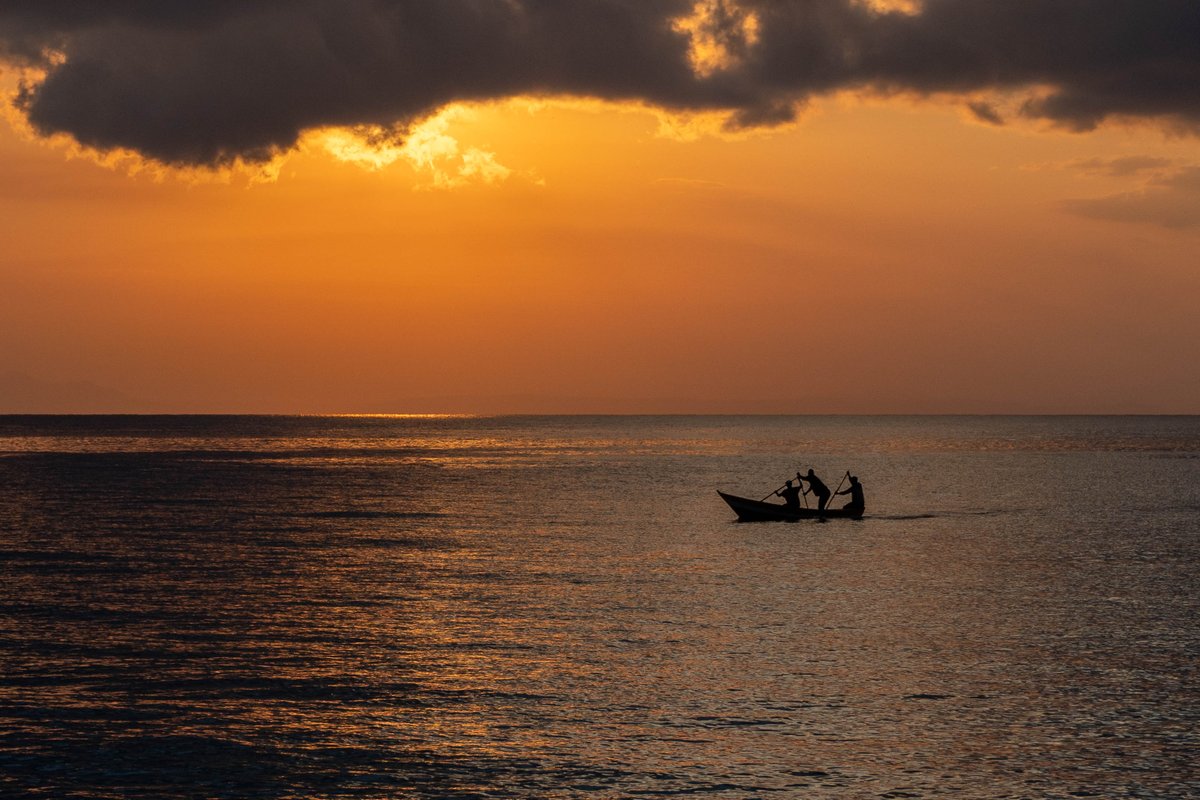
Yale Institute for Biospheric Studies
@yalebiosphere
The Yale Institute for Biospheric Studies (YIBS) supports environmental science at @Yale through research, training, & grants.
ID: 700046034379128832
http://yibs.yale.edu/ 17-02-2016 19:55:55
978 Tweet
817 Followers
722 Following

Cities tend to be both dryer and hotter than surrounding rural areas, which can help or harm urban residents depending on other regional factors. A new Yale study examines what it means for city dwellers in the humid Global South. Yale School of the Environment #Yale environment.yale.edu/news/article/h…

Congrats to the winners of our Yale Program on Climate Change Communication-sponsored Yale University Climate Day 2023 photo contest! 📸 1st: "Sunrise over Southern Kruger National Park though smoke from controlled burns" by Will Rogers 2nd: "Shearing Water" by Cody Limber 3rd: "Savanna grass fire" by Riley Wadehra

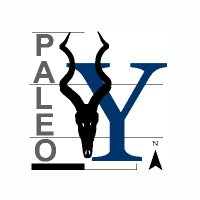

1/6 New from #NearLab Science Magazine Maya Stokes shows how rivers eroding through different rock types help explain high aquatic biodiversity in southeastern North America. W/Daemin Kim Tennessee Valley Authority @hybridActinop Edgar Benavides Julia Wood The Perron Group at MIT Yale Peabody Museum Yale EEB
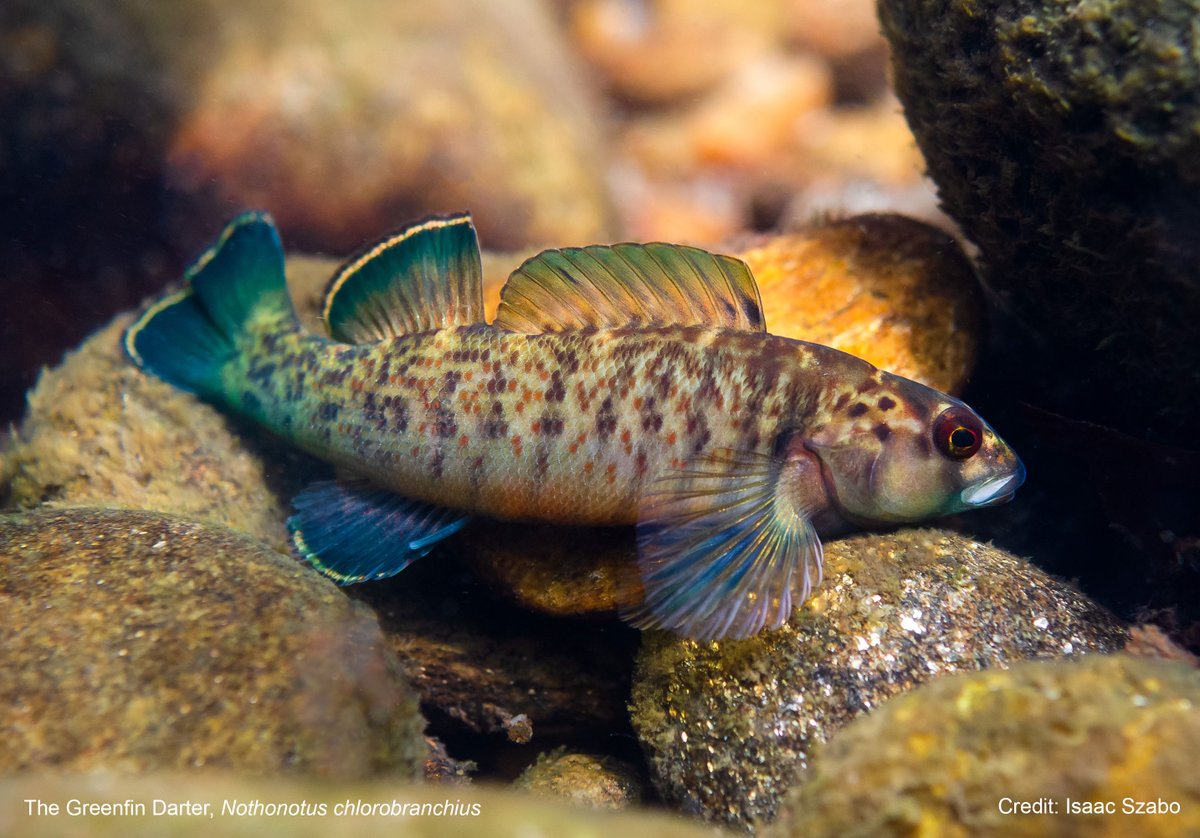
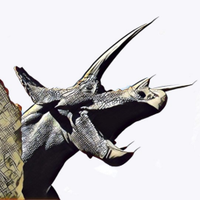
The erosion of the Appalachians could be driving fish biodiversity in the species-rich American SE. Research from Maya Stokes and curator Thomas Near sequenced the DNA of greenfin darter specimens in the collection to uncover this "speciation in action": news.yale.edu/2023/05/25/riv…


New research suggests that if a major blackout coincided with a #heatwave in #Phoenix, around half of its population (nearly 800,000) would require emergency medical care for heat stroke or other heat-related medical issues: ow.ly/ezlI50Ox606 via The New York Times



Curator Martha Muñoz introduced National Geographic to animal species that have evolved to tolerate extreme heat. Some are adapting more quickly, but few can keep up with climate change. All are “existing on borrowed time, and time is running out." nationalgeographic.com/animals/articl… @MunozLabYale


Curator Derek Briggs is searching for Earth's first animals. “What are the chances of finding fossils of the earliest, tiny, decay-prone animals in rocks > 600 MYO? Is [their] absence...simply a case of conditions that did not favor preservation?” news.yale.edu/2023/06/27/clu… Yale University


#MangroveDay Professors Peter Raymond and Dr. Sparkle Malone have been researching the effects of climate change in the Florida Everglades, which is home to 1.5 million acres of mangrove forests. #YSE #ClimateChange


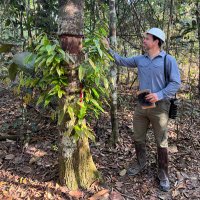
Join Yale School of the Environment as a postdoc to study the causes & consequences of forest degradation in Amazonia. Let’s work on solutions & tools to prevent future degradation. Let’s understand how agri intensification is changing the tropics. Yale Institute for Biospheric Studies shorturl.at/jyU04
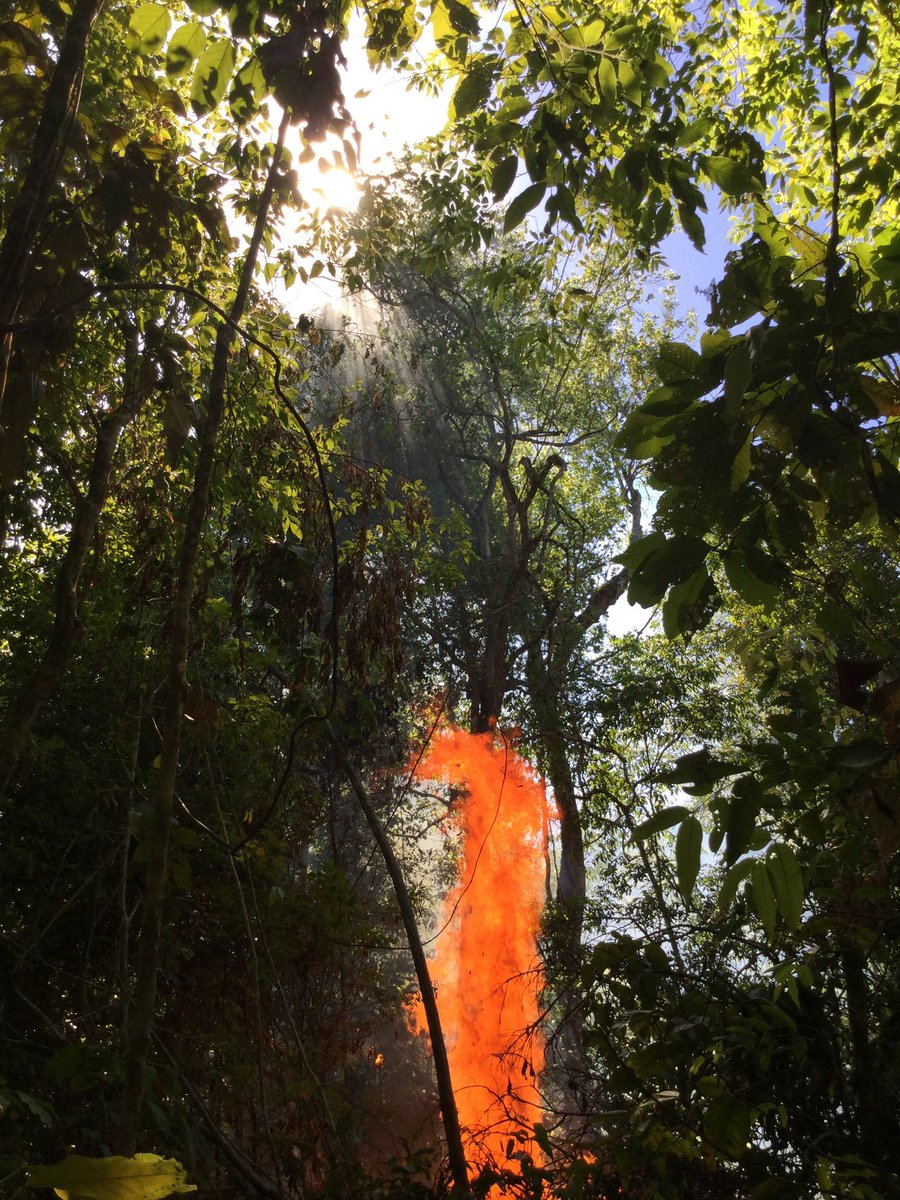

Yale University News story about #NearLab & @thackfish ray-fin fish monograph! Yale EEB Yale Peabody Museum news.yale.edu/2023/10/26/fis…

Join us on Wednesday, 11/15 for the Bass Distinguished Lecture--"Connecting Environment and Economy" peabody.yale.edu/events/connect… Yale School of the Environment professor Eli Fenichel discusses where, why, and how the environment is emerging as a primary driver of economic policy decisions. Yale University
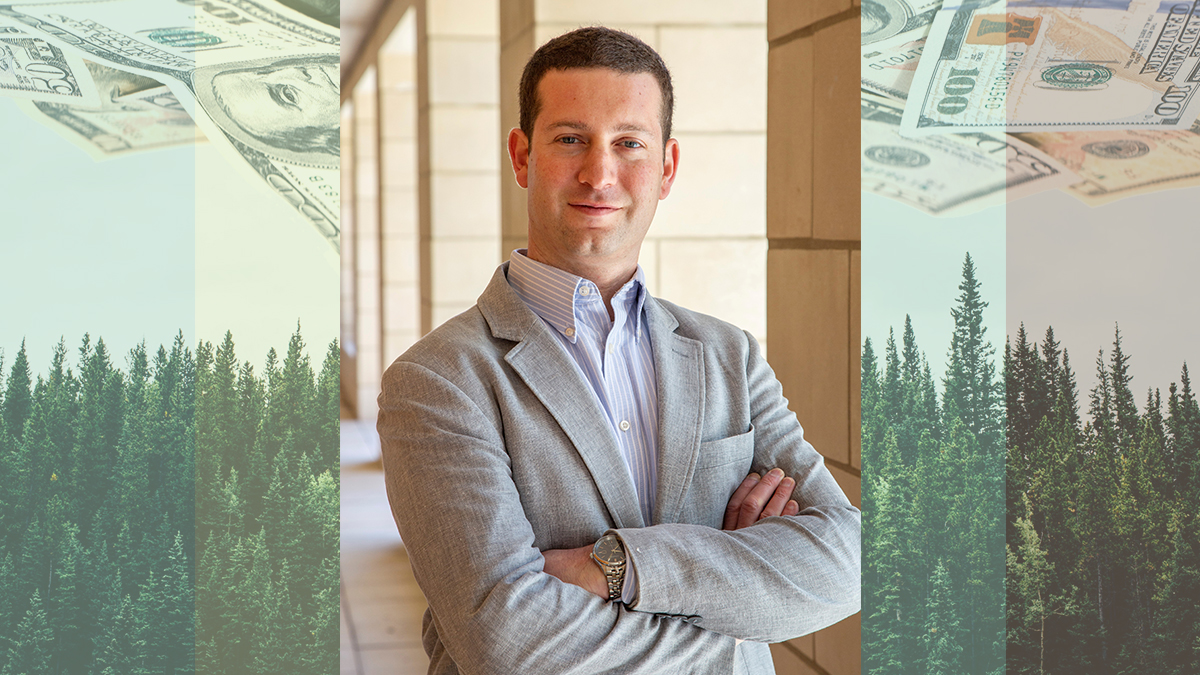

For centuries, paleontologists have had to rely on intuition re whether reconstructed joint poses "look right." Today in Nature Communications: we created a way to formalize & test that intuition, & discovered that articular surface interactions distinguish locomotor poses in dinosaurs 🧵


Congrats to the winners of our Yale Program on Climate Change Communication-sponsored #YaleClimateDay 2024 photo contest! 📸 1st: "The electrifying gaze of the glass treefrog" by Raissa Rainha 2nd: "A Visitor from the Arctic" by Cody Limber 3rd: "Great the Dawn" by Yue Li
